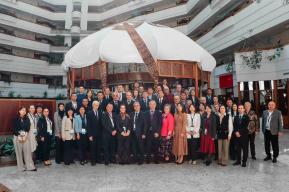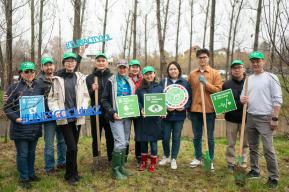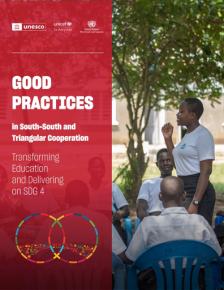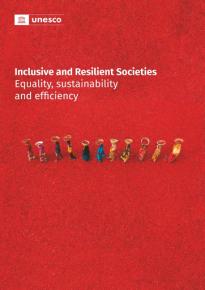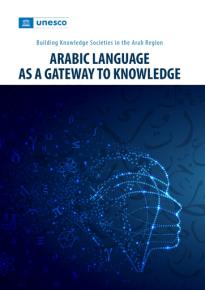Publication
Towards inclusive knowledge societies
Document code : CI/INF/2010/RP/1
Collation : 66 p. : illus.

Assessing achievements and new ways ahead
Our world faces unprecedented challenges. While globalization has helped lift millions of people out of poverty, the economic, food and climate crises of recent years are threatening to prevent us from reaching the most important and ambitious goals ever set by the international community. The target date for achieving these goals – which include the Millennium Development, Education for All and World Summit on the Information Society (WSIS) goals – is 2015.
Halfway between the 2005 meeting of the World Summit held in Tunis, Tunisia and the 2015 target date for achieving the WSIS goals, we can reflect on the achievements made to date and determine how we can use the knowledge gained to enhance our impact.
A critical challenge is to promote an enabling environment for harnessing the potential of information and communication technologies (ICTs) – from radio to mobile media and the Internet – for the benefit of each and every individual, including the marginalized and most vulnerable.
ICTs can enhance learning opportunities, facilitate the exchange of scientific information and increase access to content that is linguistically and culturally diverse. They also help to promote democracy, dialogue and civic participation, and facilitate new forms of social networking.
Through its continued support to countries towards the achievement of the WSIS goals, UNESCO means to ensure that our vision of inclusive and pluralistic knowledge societies based on quality education for all, freedom of expression, universal access to information and knowledge, and respect for cultural and linguistic diversity, becomes a reality across the world.




